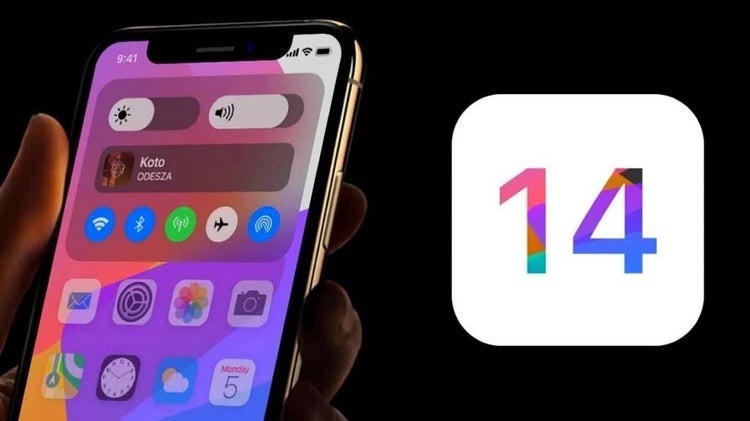iOS 14 to include built-in translator in Safari, full Apple Pencil support on websites Apple is working to include a built-in translator in Safari, 9to5Mac has learned, as well as full Apple Pencil support on websites. These new features described are based on an early build of iOS 14 obtained by 9to5Mac. Siri on iOS can already translate words and phrases, and Apple might now expand this translation feature throughout the system. 9to5Mac has found that Safari will have a built-in translator, allowing users to translate web pages without any third-party app or service. The translation feature is likely to be available as an individual option for each website, but users will be able to use automatic translations as well. Safari will detect the language to translate the content correctly. There’s also the possibility to switch between the original and translated text without reloading the page. But Safari is just the beginning before Apple expands this feature across the system, as we found out that the translation option is also being tested with other apps, such as the App Store. In this case, iOS would translate app descriptions and reviews from users if these were written in another language. Furthermore, all the translations would be processed locally with the Neural Engine, so this feature is expected to work even without an internet connection, and it wouldn’t send data to Apple. Even Siri translations are supposed to use the Neural Engine in the future, which is a big step forward since it would be possible to ask Siri to translate something if you’re offline. 9to5Mac has also learned that iPadOS 14 might include full support for Apple Pencil input on websites, making it compatible not only to scroll and touch but also to draw and markup with all its capabilities in Safari and other browsers. iOS 14 will be officially introduced at WWDC 2020, beginning June 22, as well as the next major releases of macOS, watchOS, and tvOS.




